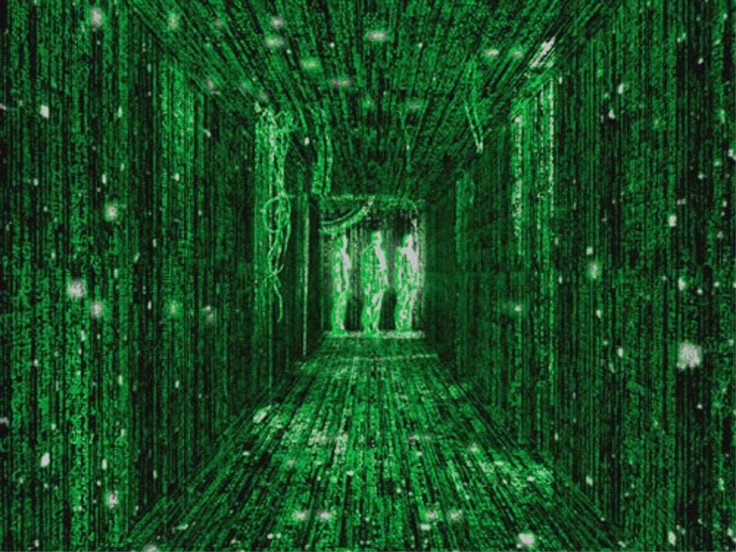Are we living in the Matrix? Scientists bust theory that our world is a computer simulation
Sorry Elon Musk, it appears life is not a video game created by aliens.

From scientists, philosophers and tech CEOs it is believed by some of the world's biggest brains that we are all living in a Matrix-like, computer simulated, world. However, a team at Oxford University have set out to dispel the theory and bring everyone back down to Earth.
While it may sound like the work of science fiction, the idea we are all players in an advanced video game created by future generations is shared by the likes of Tesla creator Elon Musk, Professor Brian Cox and Silicon Valley billionaires who are secretly funding a way get us out.
The notion lies in the theory that computational power and artificial intelligence is progressing at such a rapid rate that generations in the future would be able to easily run simulated universes on advanced hardware and we wouldn't even know about it. Until we see a glitch in the Matrix, that is.
Following events of 2017 such as Brexit, the election of Donald Trump as US President or Leicester City winning the Premier League philosophers have been forced to question existence and hypothesise whether we're in a digital illusion or pawns part of an experiment created by an advanced alien race.
Finally theoretical scientists may be able to put people out of their anguish after setting out to find proof there is no red pill.
Despite seeming like an impossible task, according to researchers at the University of Oxford and Hebrew University they stumbled upon the answer while studying a quantum phenomenon occurring in metals and found that the computational power needed to simulate a universe would be impossible.
They found that a computer simulation is possible in principle but the complexity to create the world we know would take a mind-bending amount of memory and power. They calculated that just to simulate a few electrons it would require "a computer with memory built from more atoms than there are in the Universe". The team explains that with every extra particle to simulate it would have to exponentially increase the number of processors and memory to become an incalculable task.
Here comes the science
In the paper it identified that it is impossible to simulate a quantum system with a gravitational anomaly known as thermal Hall conductance, which represents a twist in the geometry of spacetime. It touches upon the Monte-Carlo simulation, which is often used in finance and research field to assess outcomes of hypothetical situations by processing vast amounts of data and factors.
It showed that for systems exhibiting gravitational anomalies the quantities which are involved in quantum Monte-Carlo simulations will acquire a 'sign problem' which ruins the approach.
"Our work provides an intriguing link between two seemingly unrelated topics: gravitational anomalies and computational complexity. It also shows that the thermal Hall conductance is a genuine quantum effect: one for which no local classical analogue exists'" says Zohar Ringel, a professor at Hebrew University, and a co-author of the paper.
While this research may put the theory of mankind living in a simulated world to bed, firm believers may need more convincing.
Elon Musk revealed in an interview: "The strongest argument for us probably being in a simulation is that 40 years ago we had Pong, two rectangles and a dot. That was what games were. Now, 40 years later, we have photorealistic 3D simulations with millions of people playing simultaneously and it's getting better every year, and soon we'll have virtual reality. If you assume any rate of improvement at all, then the games will become indistinguishable from reality."
© Copyright IBTimes 2025. All rights reserved.






















